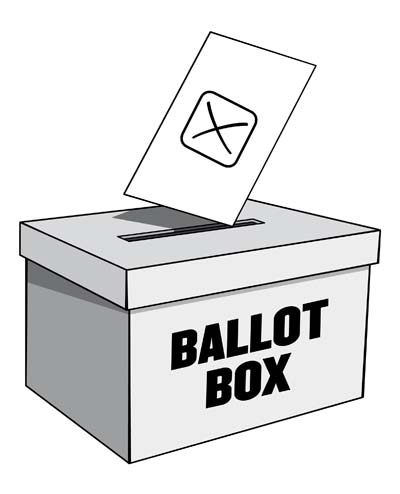Human rights bodies have raised an alarm over the continued release of false and misleading information by both the Kenya Kwanza and Azimio Coalition candidates and their supporters on the electoral process and the election results to the public.
Irungu Houghton, Executive Director Amnesty International-Kenya, Grace Githaiga, Executive Director, KICTANET, Florence Syevuo, Executive Director SDGs Kenya Forum and Wanjiru Nguhi, Program Manager at Fumbua Campaign in a joint communique expressed their concerns at the rising levels of results distortion, misinformation and deliberate attempt to deceive people through the use of the social media platforms.
“We remind the social media users to refrain from sharing the unverified information and urge them to authenticate such information with the official sources before sharing,” the signed joint communique released to the press on Wednesday reads in part.
The bodies further reminded the electorate that the Independent Electoral and Boundaries Commission (IEBC) is the only constitutionally mandated institution to make pronouncements on the electoral process and issue accurate and verifiable results to the nation.
While noting the citizens’ fundamental right to free expression and access to various news sources during this electioneering period, the human rights watchdogs have advised the netizens and the public to treat all electoral information as either opinions or provisional until confirmed by the IEBC.
During his briefings to the nation on election results transmission today, IEBC Chairman Wafula Chebukati affirmed this position by revealing that coalition parties, the media and the public are free to collect and tally the results across all the polling stations in the country but are not allowed to declare the winning candidates.
“Results announced at the polling stations would be final and the ones uploaded in the public portal are the same that the commission will use to declare results,” Chebukati said at the IEBC’s National Tallying Centre located in Bomas of Kenya.
Concurring, the bodies advised that by relying on IEBC on all elective posts results, the country would avert and reduce the possible outbreak of any electoral-related violence, undermining public trust in the electoral process, and unsubstantiated partisan claims of malpractice rigging.
“We urge IEBC to disseminate evidence-based, transparent, swift, and regular electoral updates to reduce much anxiety among Kenyans,” they stressed.
In this way, they noted that the electoral body would be able to counter the rise of tension and frequent use of false and misleading information and entrench the necessary trust among the electorate at these epic moments the nation is currently facing.
The civic bodies have called upon the media and other institutions to expedite their work on fact-checking unverified claims and reviewing election results posted on social media platforms.
As neutral observers and non-partisan bodies throughout this election period, they reiterated their resolve to free internet, development, and Article 81of the constitution.
By Rolex Omondi




